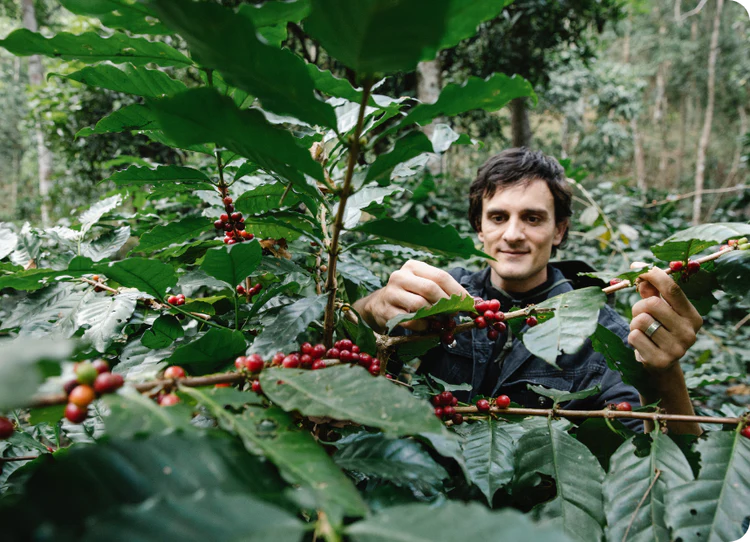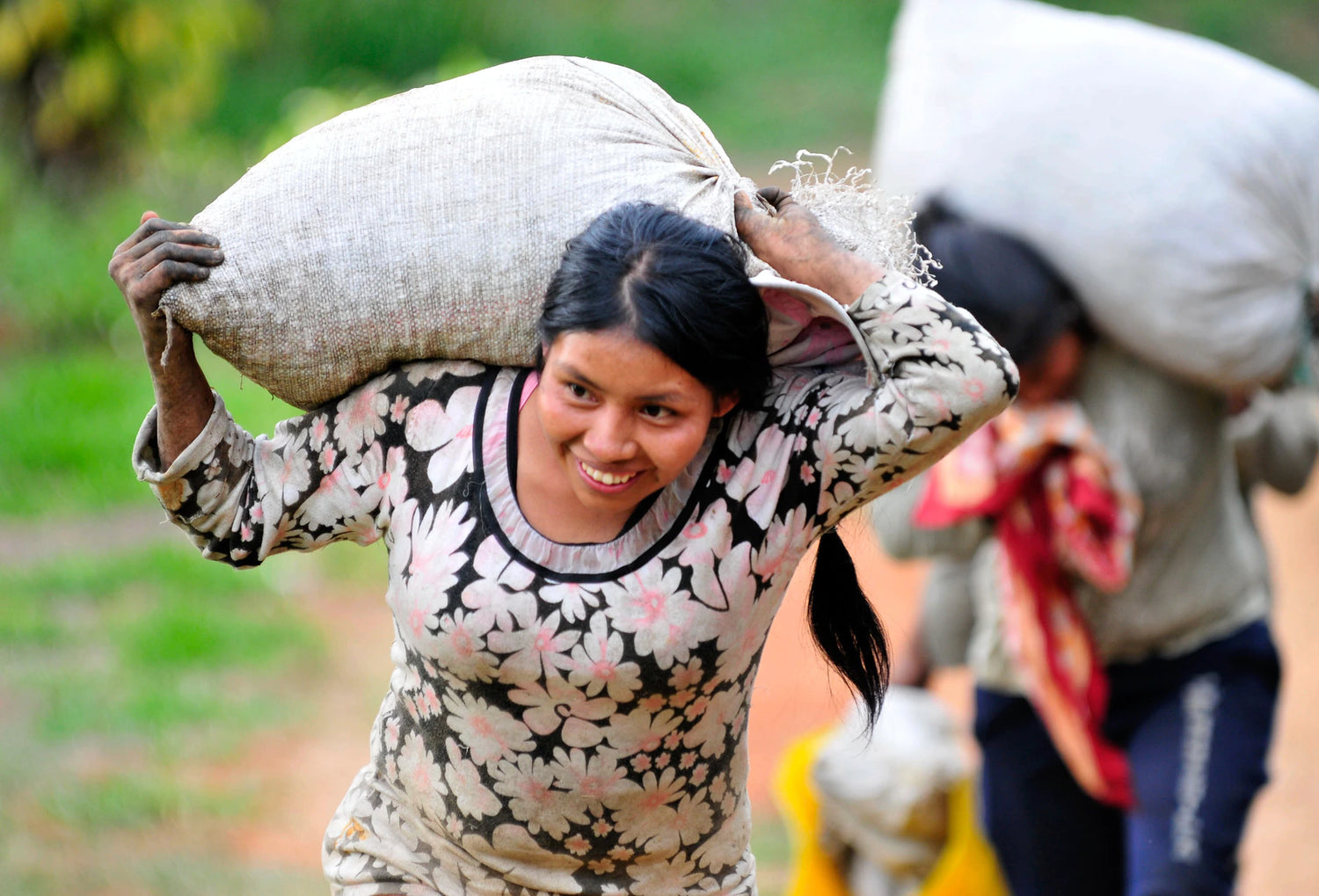

Time for Change
Trees for the Future (TREES) was founded in 1989 with the mission of improving the livelihoods of impoverished farmers in Africa through education, resources, and sustainable farming practices. The founders realized that across the World the environment was rapidly declining due to harmful farming practices and unsustainable
and use.

Forest Garden Approach
Harmful farming practices were also leading to chronic food insecurity, hunger, and poverty amongst the millions of farmers struggling to survive in Africa. Their solution was the Forest Garden Approach which utilizes agroforestry and sustainable land practices to diversify crops and optimize space.
Through the Forest Garden Approach, farmers plant thousands of trees that protect and bring nutrients back to the soil and make the farmer more resilient to climate change-related weather
patterns like drought or flooding.

1 Billion Trees!
As their soil health improves, farmers grow a variety of fruits and vegetables, which in turn increases income and food security for the farmers. By 2003 TREES had planted 30 million trees and to date has planted 290 million trees on their journey to plant 1 billion trees by 2030! To date, TREES has helped 142,400 people in African countries. In Uganda, 2,291 families have participated in TREES’ program and more than 13,000 people have benefited.
Every Order Placed Equals:
-

1 Tree Planted
-

4 lbs of CO2 Sequestered
-

8 Square Feet of Land Restored


Food & Education
Food 4 Farmers helps coffee-farming families in Latin America put nutritious food on the table every day. Coffee farmers are now leading the way, producing healthy, fresh food for their families and their rural communities. By growing food alongside coffee, they’re earning income, bolstering ecosystem health and climate resilience, and Improving nutrition.

TransFARMation
The goal? Delivering enough healthy food, without expanding their farm footprint. This is ‘transFARMation:’ farmers transforming monoculture farms into thriving, diversified local food and economic hubs, while continuing to produce coffee.The organizations we work with represent more than 8,000 coffee-farming families in Colombia, Guatemala, Nicaragua, and Mexico.




